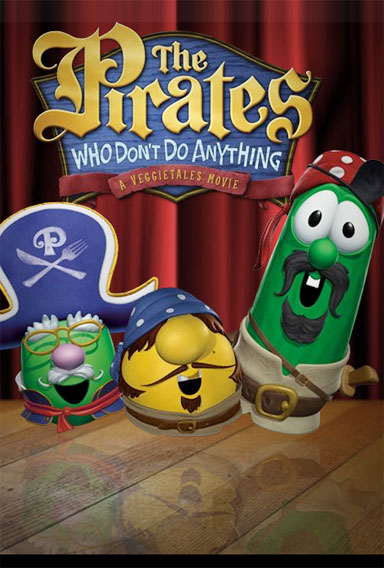Mr. Woodcock
Posted on January 15, 2008 at 8:00 am
If Sophocles knew that this would be the result, he would never have allowed “Oedipus” to see the light of day. “Mr. Woodcock” is an Oedipal comedy about a man who loves his mother and who becomes very, very upset when she falls for the man who terrorized his childhood, his middle school PE teacher.
John Farley (Seann William Scott) is now a very successful author with a self-help book about letting go of the past. When his Nebraska home town wants to give him its highest honor, he cancels his book tour obligations and flies home.
That’s when he finds out that his mother is now in love with the PE teacher whose pedagogical technique consisted of humiliation and harassment. Or, maybe he was just a bully.
John comes home to accept an award and instantly all of his carefully-built confidence and maturity evaporate and the idea of breaking up his mother’s engagement to Mr. Woodcock becomes all-consuming.
And so we go from a brief opening scene showing John being humiliated by Mr. Woodcock in gym class to an entire movie that humiliates him in just about every possible context from being stuck under the bed as Mr. Woodcock and his mother make loud, passionate love to having a chunk of hair shaved off at Mr. Woodcock’s barber, dunking Mr. Woodcock’s whistle in the toilet, and being a bad sport in cute county fair competitions. Or, rather, cornpetitions — this movie’s idea of witty wordplay is to substitute the word “corn” for every possible syllable.
Thornton and Scott have nothing to work with here. Thornton carries over the mean thing that was already not funny in “The Bad News Bears” and “The School for Scoundrels,” and Scott has to do his best with a character whose characteristics shift from one scene to the next. Poor Sarandon is limited to 50’s sit-com lines like “Isn’t that sweet?” and “Can’t you two try to get along?”
The pacing is slack and slapdash, the comedy based primarily on cruelty, injury, intimidation, and humiliation. It also throws in some irresponsibility, selfishness, alcoholism, and general skankiness. Then, instead of ending, it all just gives up with a sort of “never mind” ending that even Mr. Woodcock would have to call a foul on. Indeed, that is the best possible assessment of the movie as a whole.
Parents should know that this film has extremely strong material for a PG-13, right up at the edge of an R. It includes very crude and insulting epithets and very vulgar sexual humor and situations, including John hiding under the bed as his mother and Jasper have loud sex. Woodcock humiliates his students and others by calling them “ladies” and impugning their manhood. Characters drink (including jokes about alcoholism and scenes in bars), smoke, and use very strong and crude language include a vulgar word for sexual organs used as an insult and a joke about child molesting. There is a good deal of comic violence, with many characters getting hit on the head and crotch by various blunt instruments.
Families who see this movie should talk about why John and his mother saw Mr. Woodcock so differently.
Families who enjoy this movie will also enjoy Anchorman – The Legend Of Ron Burgundy and Old School
(both with mature material).

 The
The